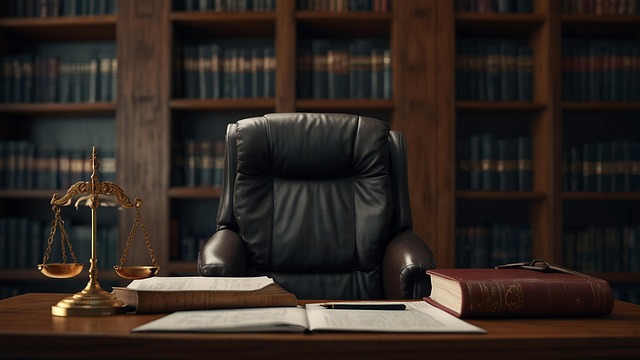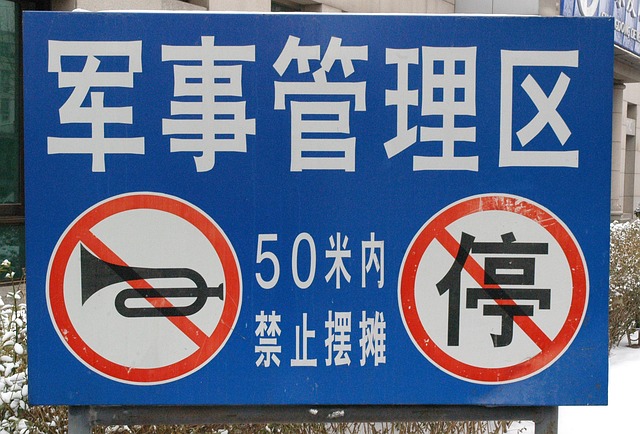Contempt of court is a serious legal offense involving disruptive or disrespectful behavior towards a court, hindering justice. It includes actions like threatening judicial figures, refusing orders, or causing noise in court. Penalties range from fines to imprisonment. Charges require strategic defense, including understanding allegations, gathering evidence, and seeking competent legal representation to navigate complex issues, protect rights, and guide through the process.
Contempt of court is a serious legal issue with significant consequences. This article delves into the intricacies of understanding contempt obligations and legalities, providing a comprehensive guide for all. We explore essential questions such as: What constitutes contempt of court? What are the types—direct and indirect? What are the potential consequences of being found in contempt? And how can one defend against these charges? Furthermore, we discuss the vital role legal representation plays in navigating these complex cases.
- What is Contempt of Court?
- Types of Contempt: Direct and Indirect
- Consequences of Being Found in Contempt
- Defending Against Contempt Charges
- The Role of Legal Representation in Contempt Cases
What is Contempt of Court?

Contempt of court refers to the deliberate act of disrupting or showing disrespect towards a court of law and its proceedings. It occurs when an individual, through their actions or statements, hinders the administration of justice or impedes the court’s ability to carry out its functions effectively. This can include various behaviors, such as threatening or harassing a judge, jury, or witness; willfully refusing to comply with a court order; or disrupting court sessions by creating noise or disorderly conduct.
The legal implications of contempt of court are severe, as it is considered a serious offense that undermines the integrity and authority of the judiciary. Legal penalties can include fines, imprisonment, or both, depending on the severity of the contemptuous act. The purpose of these sanctions is to uphold the rule of law, ensure respect for judicial processes, and maintain the order necessary for fair trials to take place.
Types of Contempt: Direct and Indirect

Contempt of court is a serious legal issue that occurs when an individual fails to comply with a court order or engages in conduct that disrupts the judicial process. Understanding the types of contempt is crucial for both individuals and legal professionals to avoid such violations. There are two primary forms: direct and indirect contempt.
Direct contempt involves actions that are willful and committed in the physical presence of the court, such as disrupting a hearing or insulting a judge. In contrast, indirect contempt relates to omissions or acts outside the courtroom that nonetheless hinder the court’s ability to enforce its orders, like failing to provide requested documents or ignoring a subpoena. Both types carry legal consequences, with penalties ranging from fines and imprisonment to community service and counseling, depending on the severity of the offense.
Consequences of Being Found in Contempt

Being found in contempt of court carries significant consequences that can impact an individual’s legal standing and future prospects. When a person is deemed to have shown disregard for a court order or engaged in conduct obstructing justice, the court may impose various penalties. These penalties serve as deterrents and ensure respect for judicial processes. The consequences can range from fines, which are monetary penalties, to imprisonment, where individuals may be required to serve time behind bars. Additionally, those found in contempt might face specific performance orders, mandating they carry out tasks or actions previously ordered by the court.
The impact extends beyond legal repercussions. Contempt of court can damage one’s reputation and public standing, especially if the case receives media attention. It may also lead to long-term legal implications, such as restrictions on future court appearances or even loss of professional licenses. As such, it is paramount for individuals to understand their obligations and act in accordance with judicial directives to avoid these dire consequences.
Defending Against Contempt Charges

When facing contempt of court charges, it’s crucial to mount a robust defense. The first step is understanding the nature of the alleged offense. Contempt can arise from various actions—from willful failure to comply with a court order to disrespectful conduct in the courtroom. A thorough review of the case history and the specific court rules relevant to the incident is essential. Legal representation is highly recommended, as attorneys specializing in contempt cases can provide guidance tailored to the unique circumstances.
Strategic planning involves gathering evidence, interviewing witnesses, and identifying potential loopholes or mitigating factors. Presenting a well-prepared defense demonstrates respect for the legal process and increases the likelihood of a favorable outcome. Key to success is remaining calm, cooperative, and assertive throughout the proceedings, ensuring every action aligns with maintaining dignity and adhering to court protocols.
The Role of Legal Representation in Contempt Cases

In cases of alleged contempt of court, having competent legal representation is paramount. The complexity and severity of such legal issues often require specialized knowledge to navigate successfully. Legal professionals are trained to understand the intricate rules and regulations surrounding contempt, ensuring their clients’ rights are protected. They guide individuals through the process, from initial assessments to defending against accusations, and even during sentencing if a violation is established.
Legal representation provides several key advantages. These include interpreting complex legal jargon for better comprehension, preparing robust defenses, and presenting compelling arguments before the court. Additionally, lawyers can help clients avoid potential pitfalls by advising on acceptable conduct and communication with judicial authorities, thereby minimizing the risk of further contempt charges.






